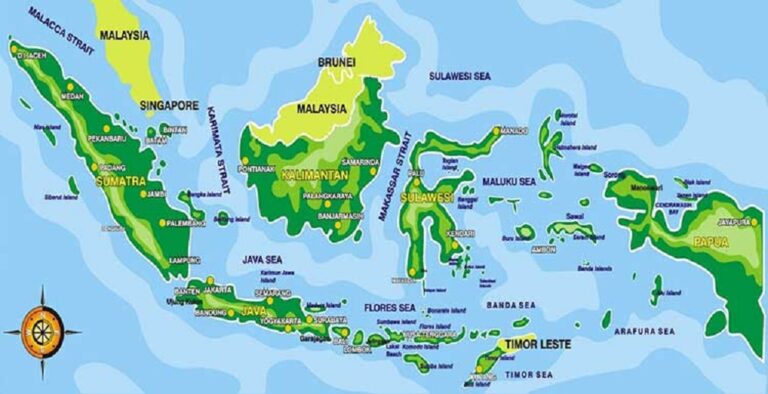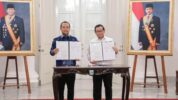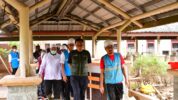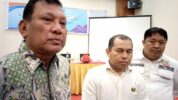Government Supports Indigenous Rights with Official Recognition of 144 Forest Management Communities
JAKARTA, RAKYAT NEWS – The Indonesian government, through the Ministry of Environment and Forestry (KLHK), has officially recognized 144 indigenous communities as forest managers by the end of 2024. This move is part of the government’s ongoing commitment to support the rights of indigenous people over their lands and natural resources.
As of mid-December 2024, 138 indigenous communities have already received official recognition. According to Yuli Prasetyo Nugroho, Head of the Subdirectorate for Designating Customary Forests and Rights Forests at KLHK, some administrative processes are still pending, including six locations in Lebong. Once these are finalized, the total number of recognized communities will reach 144.
These recognized communities manage an area of approximately 265,000 hectares of customary forests, with an additional 66,000 hectares in Kapuas Hulu still in the process of being recognized. If all the processes are completed, the total recognized area will cover 331,000 hectares. This recognition is expected to empower local communities to protect and sustainably manage these forests.
However, there are challenges in the establishment of these communities. One of the primary hurdles is related to land use rights (HGU), which involve multiple parties, including the National Land Agency (BPN) and the Coordinating Ministry for Political, Legal, and Security Affairs (Kemenko Polhukam). Additionally, some areas surrounding indigenous communities are still entangled in ongoing legal disputes, particularly in regions like South Sorong, which is experiencing extreme poverty.
Despite these challenges, Yuli emphasized that KLHK continues to engage in discussions with various stakeholders to find the best solutions. He stressed that indigenous forests are vital for the survival of local communities and must be managed sustainably to ensure their protection and resilience.
The recognition of these indigenous communities is not only about protecting their rights but also about supporting environmental conservation efforts and reducing land conflicts in Indonesia. By formalizing the rights of these communities, the government aims to ensure that indigenous groups can manage their ancestral forests according to their cultural values and traditional knowledge.
Moreover, this recognition aligns with the Indonesian government’s broader objectives of reducing land conflicts and improving environmental governance. With legal certainty, indigenous communities can more freely manage their forests without the threat of land grabs or unsustainable exploitation.
The recognition of customary forests is expected to contribute to Indonesia’s efforts in reducing greenhouse gas emissions and mitigating climate change. Indigenous communities have long been acknowledged for their effective stewardship of ecosystems through traditional practices that help preserve biodiversity and maintain ecological balance.( Uki Ruknuddin)



























Tinggalkan Balasan